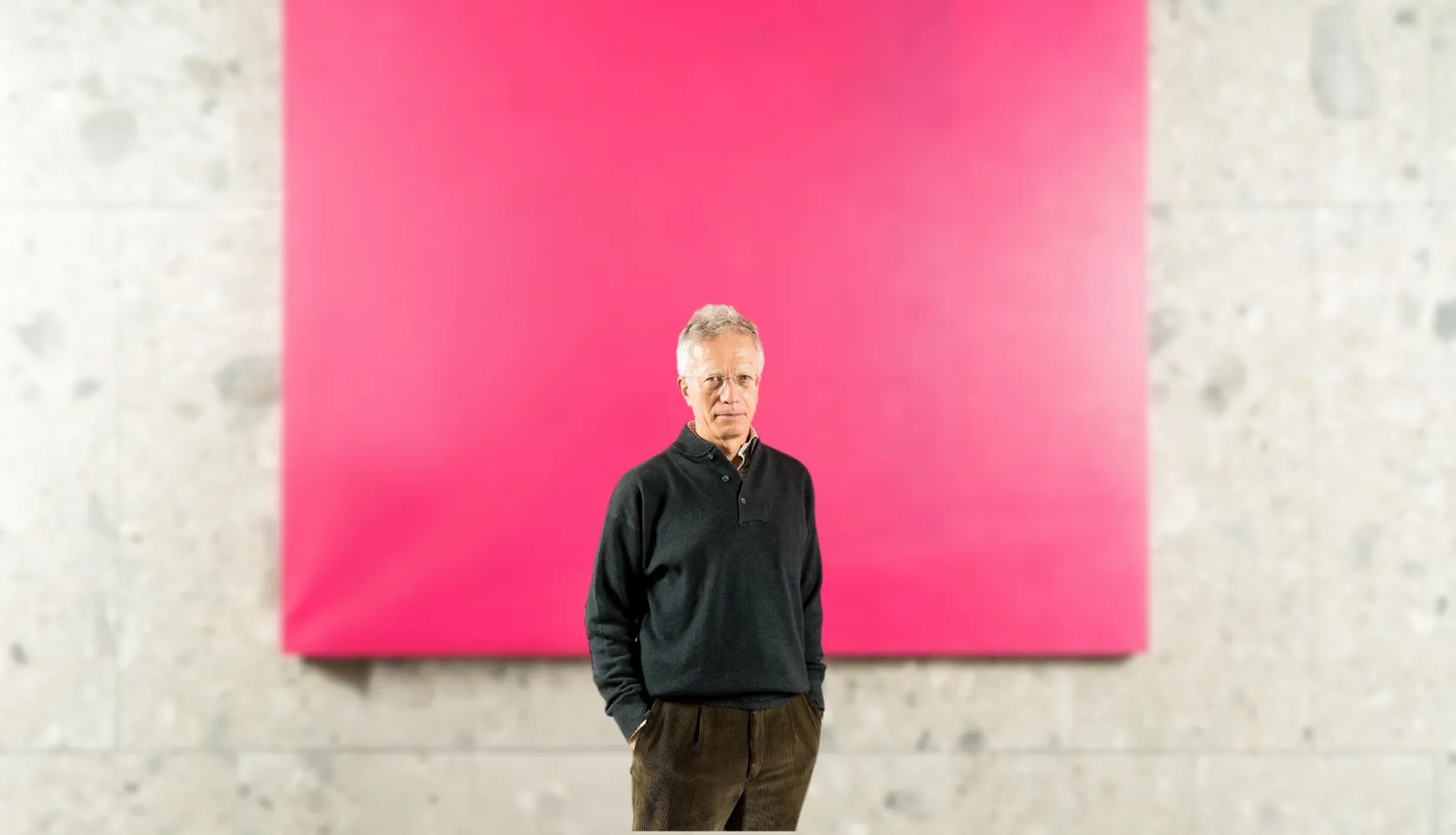
Guido Tabellini: A Two-Day Event Celebrating the Economist Who Shaped Our View About What Links Economics and Politics
If anyone wants to understand the importance of the links between economics and politics today, it is impossible to ignore the work of Guido Tabellini. A Full Professor of Economics, holder of the Intesa Sanpaolo Chair in Political Economics and Vice-President of Bocconi University, Tabellini is among the most influential European economists globally: his studies have charted a new path to understanding the role of political regimes and electoral systems, civic cultures and collective choices in determining growth, inequality and the quality of democracy.
On May 26 and 27, internationally renowned economists will gather at Bocconi for a conference in his honor. But the event will be more than an academic tribute: it will be an opportunity to measure the lasting impact of a scholarly career that has so significantly changed political economy.
Economic thinking beyond the boundaries of technology
Contributing decisively to the rise of a new discipline, political economics, Tabellini explored how political mechanisms, collective beliefs and social capital influence economic choices. Together with Torsten Persson, he authored two seminal texts, Political Economics: Explaining Economic Policy (2000) and The Economic Effects of Constitutions (2003), which provided theoretical models and empirical evidence to explain how institutions and electoral systems affect deficits, government spending and reforms. He is by far the Italian economist most widely cited in the academic literature.
His more recent works have investigated the cultural and psychological roots of economic development, showing how trust, religion, social norms and national identities, and cognitive biases shape growth paths. It is an idea of economics as an essential social science, in constant dialogue with history, political science, sociology and psychology.
“Guido has showed how economics can serve to better understand political choices, with rigor and method, and how intangible assets such as the culture of a people, the history of ideas can shape the functioning of economies,” stresses Tito Boeri, Head of Bocconi's Department of Economics. “His work has had an extraordinary impact in giving scientific dignity to crucial questions for democracy and growth.”
A global community attends
The conference will be attended by some of the world's leading economists, representing the scientific community that has shared and developed with Prof Tabellini an empirical and
interdisciplinary approach to political and economic analysis. The program will include sessions on topics central to his research: from the historical origins of economic development to the political effects of international trade, from economic culture to European sovereignty.
Notable guests include Nobel laureates James Robinson and Daron Acemoglu, who will speak in the History of Nation and Technology, Distribution and Growth sessions, respectively, offering unique perspectives on how economics, institutions and society are interwoven.
“All speakers have enthusiastically accepted our invitation. This event is a testimony of how Guido has been–and continues to be–a global reference point,” Boeri adds. “But it is also a challenge addressed to new generations: to continue that intellectual curiosity and vision, that attention to data that has always been a hallmark of his work.”
It will be possible to stream the conference from the Bocconi University website.